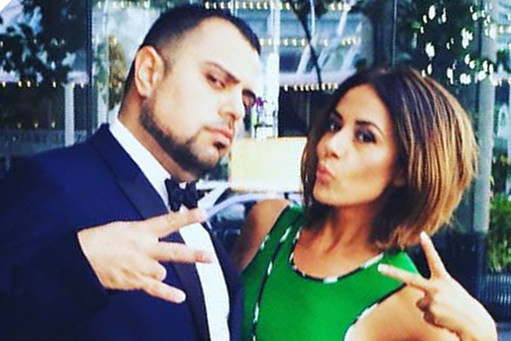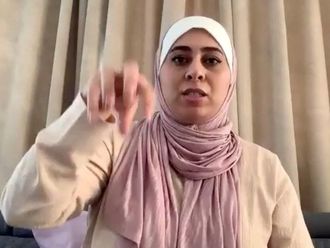
Dubai: “We are almost identical in every possible way,” Hawar Said, a Kurdish immigrant said her Arab Iraqi friend, Mohammad.
Both children of immigrant parents, the two met in Vancouver and hit it off right away.
They shared a passion for a local kabob joint called Kabab Arbil.
“Moe would always tell me lets go for Iraqi food and I would be like dude, this is Kurdish food. We later realised its both,” she laughed.
“Growing up we have our unique experiences that shape our perceptions of other people. I was able to share stories of the hardships, struggles, death and destruction I’ve experienced, and changed his perception of Kurdish people and vice versa,” she told Gulf News.
Through Mohammad, I learned that Saddam wasn’t only targeting the Kurds but also other Arabs.
“When you are young you really don’t have the awareness to understand the politics so you experience these horrible things and equate all those things with Arabs. It was only later when I was old enough to understand I realised many of my preconceived notions were not correct.”
Mohammad says he always considered himself to be a nationalist—he was of the belief that Iraq should remain one nation.
“But when I met Hawar, she shared her family’s struggles with me and it put things into a much more human perspective for me,” he told Gulf News.
“As an Iraqi today I feel that Iraq has turned into a virtually failed state run by the mullahs of Iran, so its hard for me to advocate to my Kurdish brothers and sisters that their future is better with us.”











